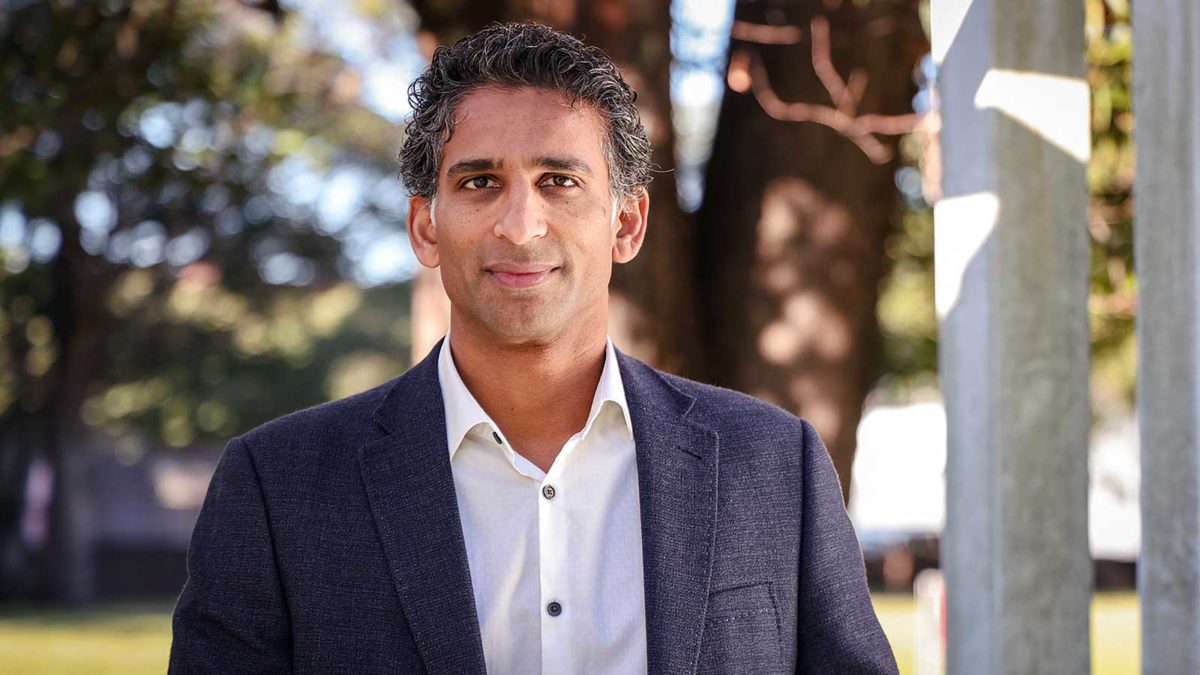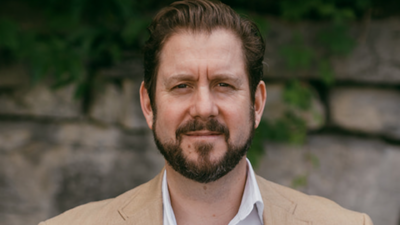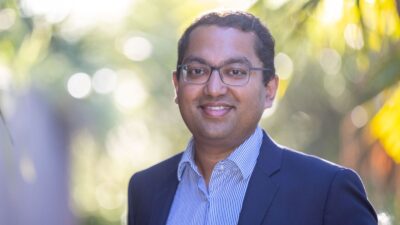Investment app rides consumer net-zero trend
Acacia Money, a fintech start-up which has embraced major consumer and market trends in financial services, this week takes its next big step through the launch of a ‘super solutions’ component of its offering.
Armed with data from Chant West and aggregator Yodlee, the savings and wealth management platform launched in August will now incorporate super fund information and reporting, including an assessment of a fund’s financial and climate performance.
The company, so far funded by a mix of working partners and angel investors, is progressively building out the app’s capabilities. It incorporates the strong consumer trends addressing net-zero climate targets and ESG principles in general, open-architecture product and service offerings and the need for affordable financial advice.
Anil Sagaram, Acacia Money’s founder, started work in earnest on the business early in 2020, after a career in financial services which began in business analysis and led to senior roles in product development and management, with a technological bent, including about 11 years at BT Financial Services.
A key business partner is co-founder and chief technology officer Chris Markey. He was an ‘architect’ at SMSF administrator Class Super and lead ‘digital architect’ at Canon prior to joining up at Acacia.
Sagaram said last week, ahead of the launch of superannuation phase in the app’s development, that he anticipated approaching venture capital and strategic investors for funding early in 2022.
To date, the app has incorporated savings accounts and mortgages, as well as energy providers. Importantly, the app also incorporates “sustainable spending” analysis tools. Super and other investment offerings are next and these, too, will be built out to include unlisted assets down the track. All are measured as best as currently possible on a sustainability basis.
Super fund investee company transparency down to underlying securities is currently inconsistent across the industry but the trend, both regulatory and from market pressure, is for full transparency that will enable more granular assessments over time.
On the philosophy behind the business, Sagaram said: “Australians are changing the way they make financial decisions. There is a growing awareness of the financial sector’s role in addressing our climate challenge and growing interest in not just doing well, but also doing good.
“Given the widening intergenerational wealth gap and the current generations focus on social values, it’s important to be transparent on not just the financial but also the longer-term environmental impact of money management.”
The app enables users to view their banking, super and investment accounts in the one spot, enabling financial clarity, convenience and access to financial performance and net-zero carbon emission ratings.
“It’s a financial platform with embedded digital advice for consumers who may not have access to a financial adviser. Sustainability is core to both the platform and digital advice solution,” Sagaram said.
In addition to open banking data, Acacia partners with a range of data providers for the financial and carbon emissions information. These include ISS in banking and Accurassi in energy, as well as Chant West ratings and Sustainable Platform for super.
The Acacia system is built on micro-service and cloud-based technology architecture. Sagaram’s experience of more than 20 years developing financial platforms includes leading the design and development of Westpac’s flagship wealth management offering, Panorama, for the last three years of his tenure at BT Financial to mid 2019.
Prior to that he had various senior roles in product and business management at BT. He has also held roles with Morgan Stanley, Macquarie, Commonwealth Bank and GBST.
The initial revenue stream for the business is primarily based on referrals from switching providers but Sagaram says that as the platform is built out the aim is for the bulk of the revenue to come from subscriptions. Switching and other transactions charges would be limited to cost recoveries.
“People are prepared to pay for advice, but it’s becoming increasingly hard to get for the bulk of the population,” he said.
Initially, the digital advice is of a general nature, but the plan is to provide access to personal digital advice via advice partners in the medium term.











